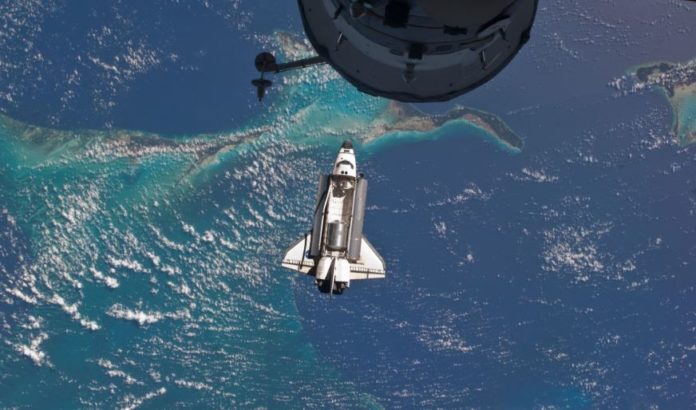
A group of students from India and the USA will soon begin working on a collaborative project entitled ‘Hacking Space: A student Partnership To Sustain Life on Earth’, to identify innovations originally developed for space travel that could help solve environmental challenges on Earth.
Today, astrophysics research is continuing to advance at an incredible pace, with many scientists now looking to the stars for new discoveries that can improve our way of life here on Earth. The latest edition to this effort is a collaborative project between Science City, Kolkata (a unit of National Council of Science Museums) and Chabot Space & Science Centre, California, USA.
For the project, 16 students, 8 from India and 8 from the USA, “will develop a series of demonstrations and activities exploring the solutions that space travel innovations offer for the environmental and sustainability challenges we face.”
The students, aged between 15-18, will spend one year thinking outside of the box to co-develop potential strategies to overcome both future and current environmental and sustainability concerns. Since the Earth’s population has reached seven billion people, a figure which is likely to exceed nine billion by 2050, humans need to begin adapting the management of the world’s already stretched resources to environmental changes.
The project, which will also involve a number of guest lectures and field trips, will be overseen by an advisory board “made up of local experts in the fields of space exploration, sustainable development and engineering.”
Primarily, the Hacking Space project is grooming the next generation of engineers and researchers by bringing together a community of high-school students and expert advisers. Crucial scientific skills such as researching, envisioning and developing concepts; as well as sharing and learning from both their own and their team’s research, will be significantly enhanced on completion of the project. Essentially, “These students will become the world’s future decision makers.”
The conclusion of the project will be a travel exchange in Spring and Summer of 2016, during which the team will share the work with the community in Kolkata and in Oakland, California.
The Hacking Space project is set to begin in September this year. Science City, Kolkata is inviting interested & motivated science students (in the age group of 15 to 18 years) to apply to this prestigious project. Applications must be submitted on or before the 7th August, 2015.
This Article (In A New Scientific Project US and Indian Students Will Be “Hacking Space” To Sustain Life On Earth) is free and open source. You have permission to republish this article under a Creative Commons license with attribution to the author and AnonHQ.com.





I need their Twitters or somethnig
I am a student participant and my twitter handle is @ace_riju
I was not aware of this until the deadline passed for signing up. I am not a young scientist, nor do i study anything about space. But I do believe just by sending positive ions through our combined brain power into the atomosphere and if all of use focused on postive energy we could literally form a force field perhaps? according to our friends’hypotheses and diminish the negative beings from attacking our planet. If someone could email me i would like to help.